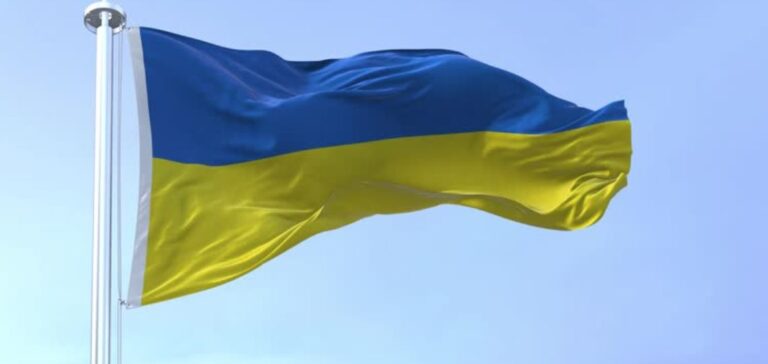Naftogaz, the Ukrainian energy giant, announces an increase in gas and oil production for 2024.
CEO Oleksiy Chernyshov explains that the goal is to reach 15 billion cubic meters of natural gas and 2 million tons of oil.
In 2023, gas production will amount to 14 billion cubic meters.
Threats and defenses
Naftogaz’s infrastructure, including gas storage, production facilities and distribution networks, is under constant threat from Russian bombing raids. As the war in Ukraine continues, attacks on energy systems are multiplying, causing prolonged power outages. Chernyshov points out that Ukraine’s air defenses are being strengthened, although they are not yet sufficient. Ongoing investments are aimed at protecting Naftogaz’s critical assets, particularly the underground storage infrastructures, which have withstood several attacks this year.
Financial resilience
Naftogaz will post a profit of over 23.123 billion hryvnias ($558 million) in 2023, after a loss of almost 80 billion hryvnias in 2022.
The company recently made the necessary payments on its restructured Eurobonds and is preparing to honor its debt obligations for next year.
A restructuring of the 2026 payments is also under consideration.
Strategic Alternatives
Naftogaz has no plans to extend its gas transit agreement with Gazprom after it expires in December.
Discussions are underway to explore alternative options, such as transporting gas from Azerbaijan.
Naftogaz’s strategy aims to diversify its energy supply sources, reduce its dependence on Russian gas and strengthen its resilience in the face of persistent threats.
The decisions taken in 2024 will be crucial for Ukraine’s energy future.






















